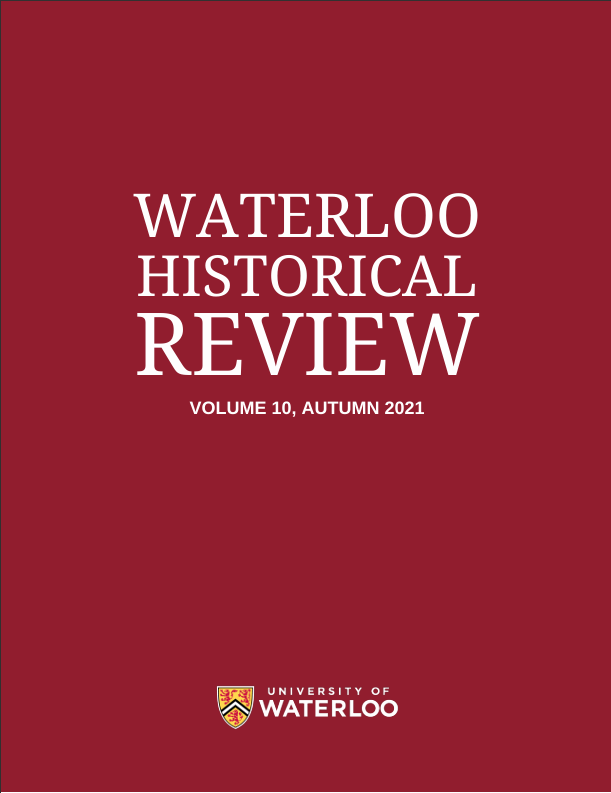In Defence of Fair Play: Boycott Campaigns and the 1936 Olympic Games
DOI:
https://doi.org/10.15353/whr.v10.6149Abstract
This article argues that both histories of
the 1936 Olympics and the interwar period need to examine the international scope of the boycott
discussions in the run-up to the Games. The American debate was an important part of a much
broader international conversation that discussed how best to ensure fair play for all athletes and
its failure laid the groundwork for a culture of appeasement. The question of participation at Berlin
created a focal point where democratic societies were forced to acknowledge the dangers of the
Nazi regime and their appropriate response years before German militarism and anti-Semitism
reached their peak. By examining the boycott discussions in America, Great Britain, France, and
Canada, it is possible to see not only why the first attempts to boycott an Olympic Games failed
but also acknowledge the serious grassroots opposition in the democratic world that challenged
the rise of Nazism.
Downloads
Published
Issue
Section
License
Copyright (c) 2024 Evan Cater

This work is licensed under a Creative Commons Attribution 4.0 International License.

